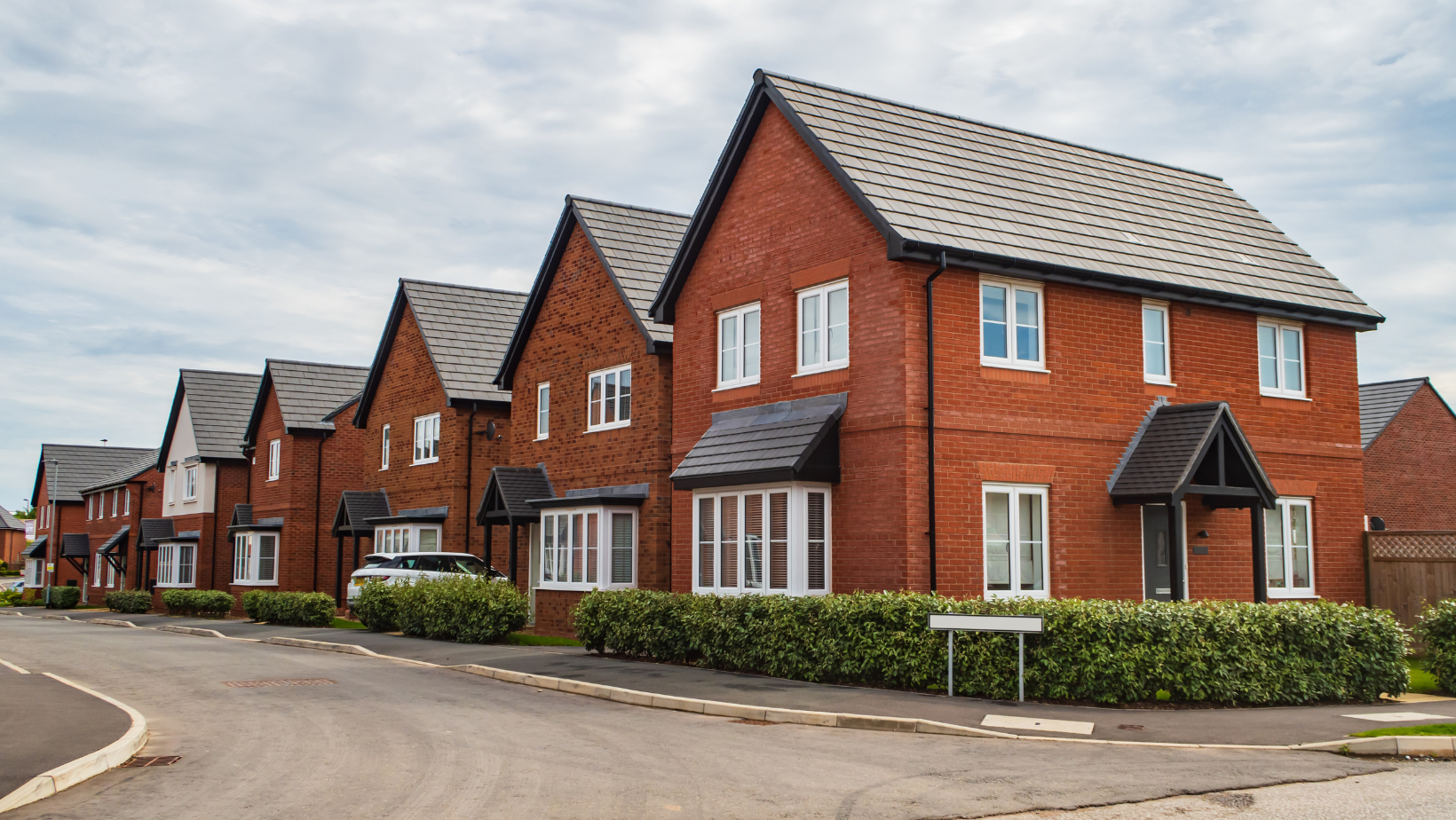When purchasing a property, it is crucial to carry out searches on the property, such as Drainage and Water search, Local Authority search and Environmental search.
An Environmental search covers many topics concerning the property and area surrounding the property that you are purchasing such as whether the property is in a Radon Gas impacted area, as recognised by the Public Health England or Public Health Wales, amongst others.
What is Radon Gas?
Radon is a naturally occurring radioactive gas. It is a radioactive product of natural uranium which is present in all rocks and soils. All buildings contain radon gas. Radon Gas may enter a building from the ground, especially when the ground is disturbed which may be via construction gaps and ground pores as the air pressure inside buildings tends to be lower than outside.
High levels of radon exposure have been linked with an increased risk of developing lung cancer.
Where can I find out if the property is in a Radon affected area?
Anyone can find out if a property is in a Radon Affected Area (RAA) by completing an online search on the UK Radon website. The search will tell you the chance of that property having a high Radon level. During a property purchase, Environmental and Local Authority search results also reveal whether a property is in a RAA.
A RAA is an area designated as such by Public Health England or Wales because the area has a 1% probability or more of current and/or future homes being above the radon Action Level.
What to do if a property being purchased is in a Radon affected area?
If the property being purchased is identified as part of a RAA, further enquiries should be considered such as:
- Asking the current owners if they have completed a three-month radon test (three months is utilised to average out short-term variations) and to request a copy of the report;
- A purchaser can ask a seller, who has not already done so, to carry out a three-month test before exchange of contracts, however, do bear in mind that this will delay the transaction;
- A purchaser should consider whether a financial retention should be held upon completion by one of the party’s solicitors to cover the cost of potential remedial work.
Newly built properties and existing buildings that have been altered (such as extensions and conversions) in a RAA might need to comply with additional building regulation requirements aimed at reducing radon exposure. There are different requirements for different levels of radon exposure. If during the pre-exchange enquiries it is revealed that the property is in a RAA and the radon level exceeds the Action Level, Public Health England or Wales recommends the radon levels be reduced/mitigated, in order to reduce the Radon levels below the relevant Target Level.
How to identify the action level and target level
To identify the Action Level and the Target Level, the seller needs to provide the most recent radon test results carried out at the property as the results should include details of mitigation. If the sellers do not have a test result, they are not legally required to carry out a radon test as part of the sale process.
Nonetheless, a Radon test will measure radon levels over a period of three months usually, in order to average out short-term variations. If a test result is not available before exchange, it is suggested that exchange does not take place until results are available. If this is not ideal, then buyers should negotiate through their lawyers as to a retention from the sale proceeds to cover the cost of potential Radon mitigation work.
Whilst a purchaser may seek to agree a retention with the seller to cover the cost of potential remedial works post completion (such as a sump or ventilation systems), a retention may not be suitable when buyers are planning to carrying out extensive works on the property as soon as they move in or they do not intend to move in immediately after completion.
Radon and Buy to Let
Where you are intending to purchase the property as a Buy to Let, Radon is also one of the hazards specified in the Housing Health and Safety Rating System Regulations. For properties in Radon Affected Areas a hazard assessment is required.
Should you have any specific queries during the purchase process you should liaise with an appropriately accredited Radon Gas specialist and only proceed to exchange of contracts once you are satisfied following receiving specialist advice.
The above is meant to be only advice and is correct as of the time of posting. This article was written by Zeliha Sari, Trainee Solicitor in the Residential Property team at Pinney Talfourd LLP Solicitors. The contents of this article are for the purposes of general awareness only. They do not purport to constitute legal or professional advice. Specific legal advice should be taken on each individual matter. This article is based on the law as of November 2022.














